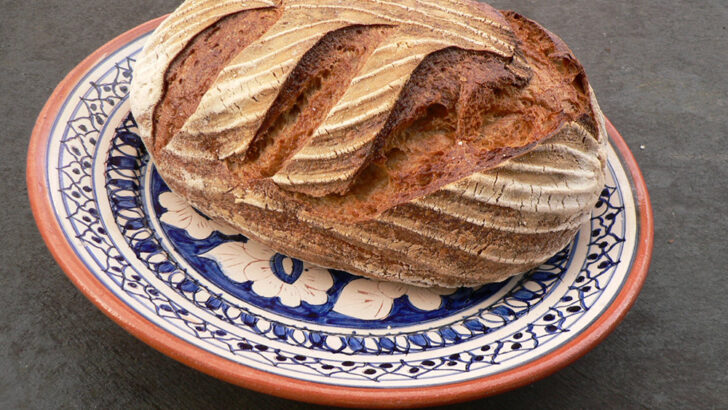The People’s Celebration of the Eucharist,
by Fintan Lyons OSB
(Messenger Publications, €12.95 / £10.95)
When it comes to the Eucharist, some of the toughest question are the simplest: who celebrates the Eucharist and what are they celebrating?”
Fintan Lyons’ little book examines this basic question: just who are we when we celebrate the Eucharist?
In the aftermath – even after 60 years – of Vatican II, this question goes un-noticed. It is the fundamental question in the theological underpinning of our worship, and a basic question for the baptised – especially right now when we are trying slowly and fitfully to discover what it means to be a ‘synodal Church.’
Lyons tackles it using a variety of starting points and tries to keep his focus close to ordinary parish experience and the actual questions that people ask when they discuss the liturgy.
It is intended as a simple introduction not just to our thinking about the Eucharist, but also as guide to how we might improve our celebrations.
The first chapter where he sets out a vision of the Church as the priestly People of God who celebrate the Paschal Mystery is the book’s most important contribution.
Understanding
Trying to share an ecclesiological understanding is never easy. Not only are the questions inherently difficult for us who have a consumerist view of liturgy and who approach the corporate reality of being a community, a church, from an individualistic starting point, but the language of Vatican II seems strange and remote from the long-inherited jargon of Catholic discourse.
He gently advocates examining basics: who we are and what we, in and through the Christ, seek to do as the baptised”
Lyons shows a long familiarity with these issues and what he writes has, one suspects, being tested many times with groups of adult learners. He knows what he wants to communicate and then makes it as simple and direct as he can.
Running through these chapters is a concern that only comes to the fore at the book’s end: “I believe it is time to reassess schedules and programmes insofar as they exist and have the committed faithful engage instead in a programme of discernment through meetings that manifest the qualities of the early Church’s love feast” (p. 109).
This is as close as Lyons comes to saying that our current liturgical model is broken, but such a suspicion is just beneath the many of his explorations. However, rather than run for the nostalgia of an imaginary past – a route whose siren-call attracts many –he gently advocates examining basics: who we are and what we, in and through the Christ, seek to do as the baptised.
It is this open-ended perspective of hope that is the book’s most important gift to its readers.
Dublin-born Thomas O’Loughlin MRIA is Professor Emeritus of Historical Theology at The University of Nottingham.


 Sharing a loaf of bread is basic to our eucharistic practice.
Sharing a loaf of bread is basic to our eucharistic practice.